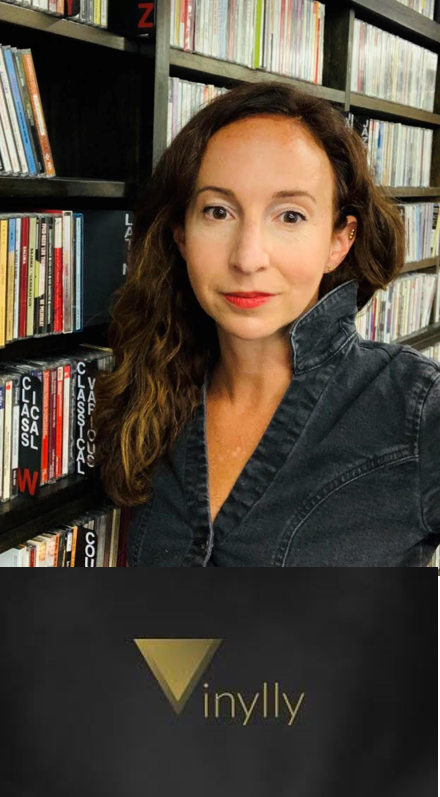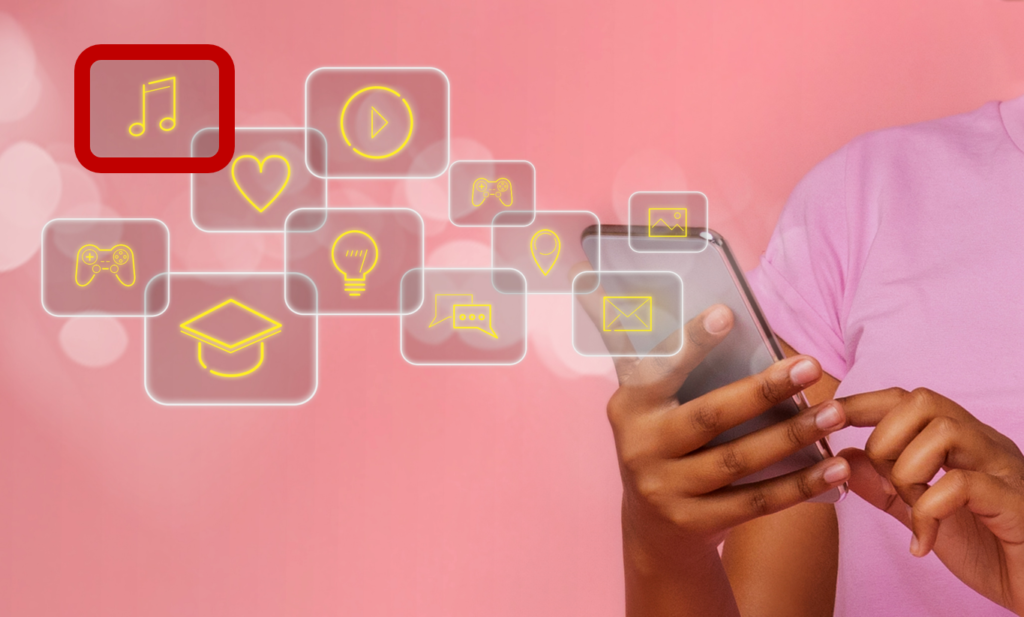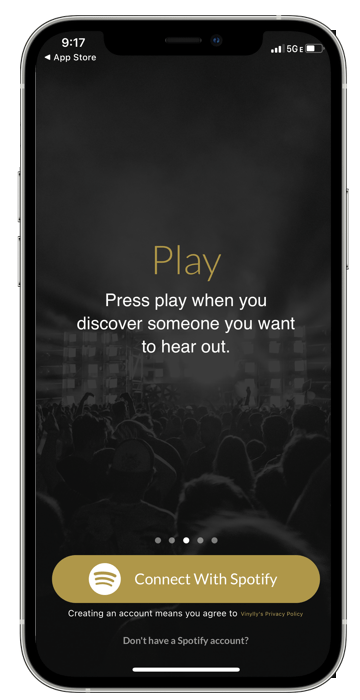Love me, love my music – A new approach to online dating
While dating apps of all stripes have become especially popular during the past year’s pandemic induced isolation, their algorithms have consistently overlooked or underrepresented the importance of music taste – that’s where Vinylly comes in.
Guest post by Fred Jacobs of Jacobs Media Strategies
You know those startup ideas you read about all the time where you think:
Why didn’t I come up with this?
As we know, dating apps have been popular for a long time. But during 2020, they achieved new levels of participation, thanks to COVID. So many people felt isolated and lonely during the pandemic, so swiping possible dating partners was amped up.
How do those algorithms make connections that match people up with one another? None of us knows how Tinder, Match.com, eHarmony, Silver Singles, and the scores of other players in the space makes their statistical calculations. But attributes like political views, pets, authors, and favorite films are likely common variables.
But one key factor is oven overlooked or given a low priority – music.
And for those of us who love music – and that’s a lot of you who read this blog – whether you’re into Springsteen, EDM, Brahms, Afrobeat, or Taylor Swift – personal music tastes are a window into one’s soul.
And now, there’s a new online dating site where the music you love (or at least listen to) is the key variable that determines who is your best match. It’s called Vinylly, and it’s the brainchild of Rachel Van Nortwick. Her philosophy is a simple one:

“Studies have shown that when we listen to music, our brains release dopamine, which in turn makes us happy. For many, that enjoyment is heightened by sharing it with someone else. Connections made through music can be very meaningful, especially if music plays a big role in someone’s life.
How does it determine your music tastes? You give Vinylly permission to access your Spotify account, and you’re off to the races. Or at least, you can meet eligibles who want to go to the same concerts you do.
Van Nortwick believes that’s a key to finding “the right person” to hang with – or beyond:
“Beyond just a superficial swipe, Vinylly has the ability to match people on a deep level through something powerful that they share. And, when a user streams more music, the algorithm responds and Vinylly produces new matches.”
At least, that’s the theory.
The reason for the skepticism is that what we stream while cutting the lawn or working out, and the music we truly love may, in fact, diverge. I realize that sounds counter-intuitive, but one’s Spotify activity may not cover the 360° or even the essence of who they are musically.

Nonetheless, “music compatibility” as Vinylly calls it is a fascinating concept. And so I put it to the test by downloading the app and signing in (no charge, at least for now).
And I told the truth, which means that I am very likely outside a typical Vinylly user because of my age (not to mention my marital status).
But it’s the best way to discover how the app’s AI engine works. For example, Vinylly (among other questions) asks you to name the very first concert you saw (“Be honest,” they implore).
For me, that’s Creedence Clearwater Revival, a band and an era that likely doesn’t make me great “dating material,” given the likely demographics and tastes of those who already signed up looking for music compatibility.

Vinylly asks a few similar questions, but it’s obvious the matchmaking algorithm is largely based on one’s Spotify activity.
It’s a fascinating concept, marrying AI with music and online dating – a sort of Name That Tune mashed up with The Dating Game.
And it’s another indicator how technology uses our personal information (with our permission) in an attempt to improve our lives. (How that information is packaged and sold by dating sites is another topic for another day.)
I remember reading personal ads in Detroit’s free indie paper, the Metro Times, a few decades ago. It wasn’t uncommon to see people describe themselves by listing their favorite Motor City radio station. Back then, it spoke volumes about the kind of person you were (or portrayed yourself as), whether your favorite station was WRIF, WNIC, or WHYT.
I’m sure the same “litmus test” could have taken place in the city or town where you grew up, whether it was New York City, Norfolk, or Nome.
That ship, sadly, has sailed.
Next time you’re trying to find that perfect playlist on Spotify, you might want to keep in mind the songs you stream might later be used to match you up with a person – or a product or service.
As we continue to see at CES, AI and machine learning are becoming far more significant technologies brands are using to target our tastes, whether it’s that new sectional in the living room, our wine preferences, or the fact we somehow love both Tom Waits and Bruno Mars.
Actually I do. And I’m still waiting for Vinylly matches BTW.
Fred Jacobs: President & Founder at Jacobs MediaFred Jacobs founded Jacobs Media in 1983, and quickly became known for the creation of the Classic Rock radio format.
Jacobs Media has consistently walked the walk in the digital space, providing insights and guidance through its well-read national Techsurveys.
In 2008, jacapps was launched – a mobile apps company that has designed and built more than 1,300 apps for both the Apple and Android platforms. In 2013, the DASH Conference was created – a mashup of radio and automotive, designed to foster better understanding of the “connected car” and its impact.
Along with providing the creative and intellectual direction for the company, Fred consults many of Jacobs Media’s commercial and public radio clients, in addition to media brands looking to thrive in the rapidly changing tech environment.
Fred was inducted into the Radio Hall of Fame in 2018.